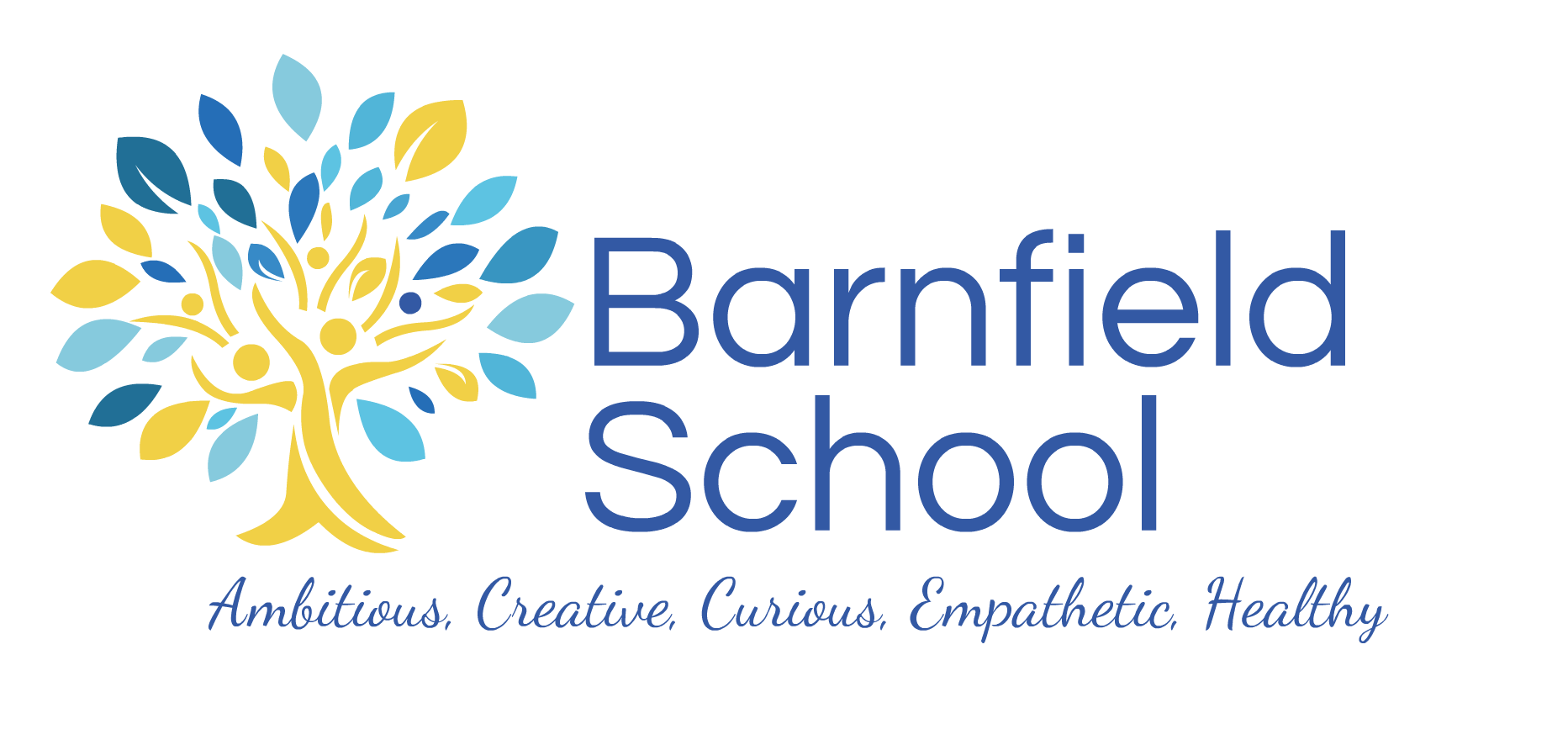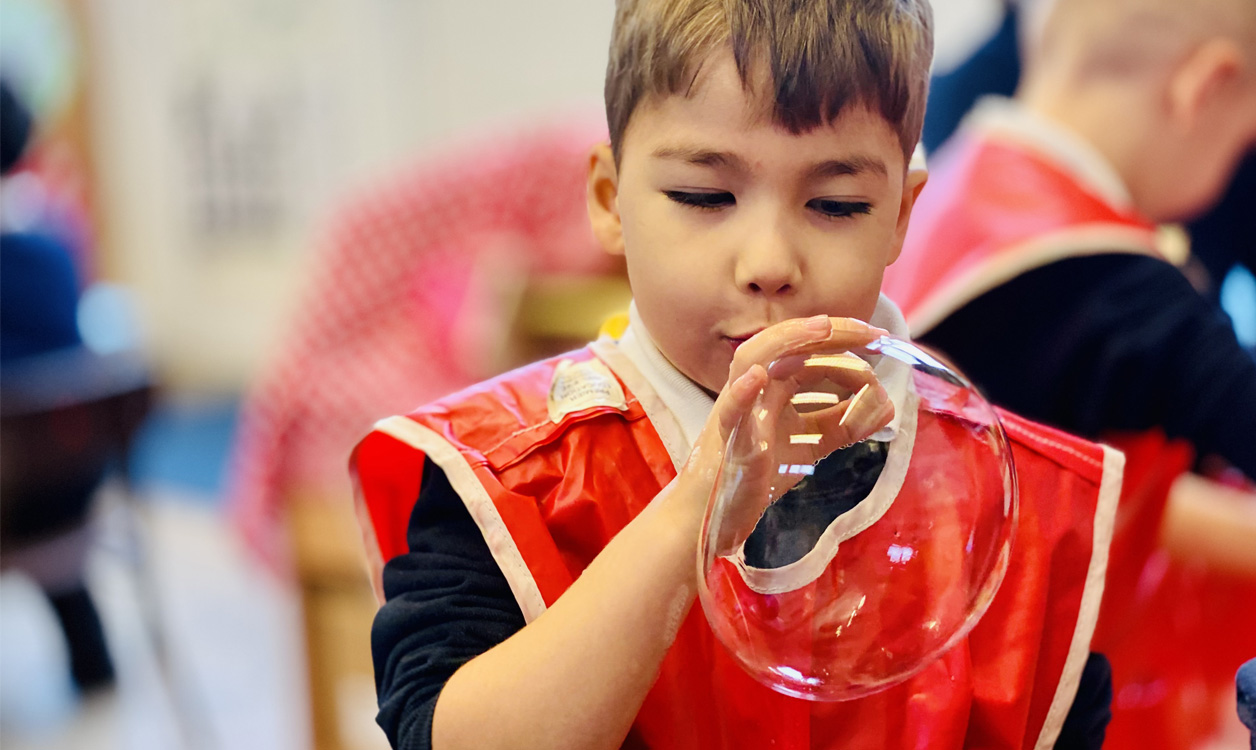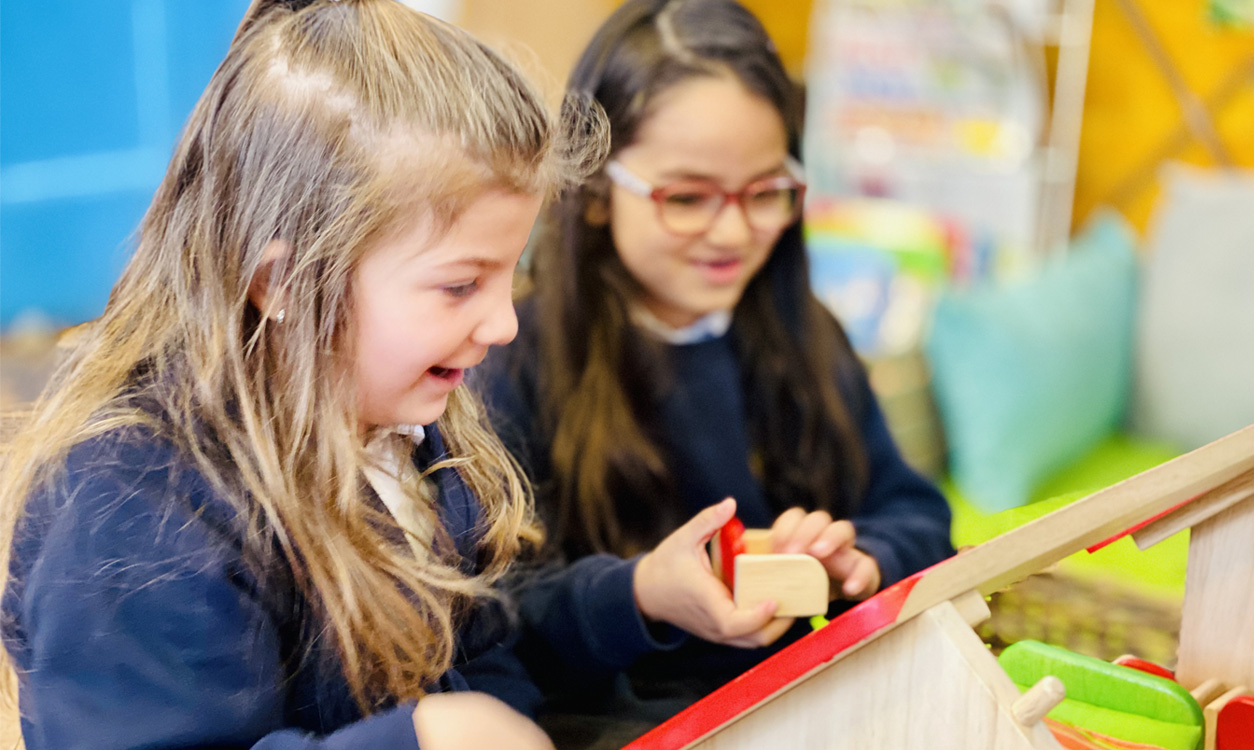PSHE
We use Jigsaw curriculum to support our children’s knowledge and understanding in this area of learning.
At Barnfield Primary, PSHE is at the core of everything we do; it underpins our 5 principles of learning, our school rules and our ethos of being the best you can.
- Healthy me
- Ambitious me
- Empathetic me
- Curious me
- Creative me
Our school rules are
- I am responsible
- I am respectful
- I am ready to learn
We talk regularly about our children aspiring to be the best they can so they have high aspirations of themselves and each other. We want our children know how to make a positive contribution to their community and the wider society. Self-confidence, independence and risk-taking is encouraged through the embedding of our curriculum offer.
Jigsaw
PSHE is taught across the school on a weekly basis and as a school, we follow the Jigsaw PSHE scheme of work
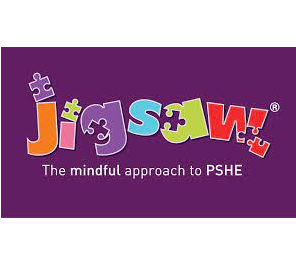 PSHE is embedded in all that we do to enable our children to become independent, responsible, healthy, and confident members of society. Our PSHE curriculum has been built with the aim to support the development of the ‘whole child’, by helping them to understand how they are developing personally and socially as well as promoting their social, mental, and physical development. Children will be able to develop the ability to tackle the moral, social, and cultural issues that are part of growing up. Through our discreet lessons as well as wider cross curricular approach to teaching PSHE, children are taught how to keep themselves safe, physically, and emotionally resulting in the acquisition of knowledge and skills, which enable children to access the wider curriculum. We provide our children with opportunities for them to learn about rights and responsibilities and appreciate what it means to be a member of a diverse society. Our children are encouraged to develop their sense of self-worth by playing a positive role in contributing to school life and the wider community.
PSHE is embedded in all that we do to enable our children to become independent, responsible, healthy, and confident members of society. Our PSHE curriculum has been built with the aim to support the development of the ‘whole child’, by helping them to understand how they are developing personally and socially as well as promoting their social, mental, and physical development. Children will be able to develop the ability to tackle the moral, social, and cultural issues that are part of growing up. Through our discreet lessons as well as wider cross curricular approach to teaching PSHE, children are taught how to keep themselves safe, physically, and emotionally resulting in the acquisition of knowledge and skills, which enable children to access the wider curriculum. We provide our children with opportunities for them to learn about rights and responsibilities and appreciate what it means to be a member of a diverse society. Our children are encouraged to develop their sense of self-worth by playing a positive role in contributing to school life and the wider community.
. The scheme of work covers:
- Being me in my world: including self-identity, feelings, rights and responsibilities.
- Celebrating differences: including identifying talents, families, making friends
- Dreams and Goals: including challenges, goal setting, overcoming obstacles
- Healthy Me: including exercise, healthy food, safety
- Relationships: including family life, falling out, dealing with bullying
Zones of Regulation
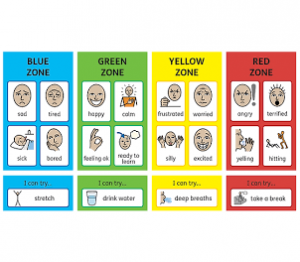
To support our Jigsaw curriculum, we also use the Zones of Regulation curriculum. The Zones of Regulation is a curriculum geared towards helping students gain skills in consciously regulating their actions, which in turn leads to increased control and problem-solving abilities. We also discuss with students how to use strategies or tools to stay in a zone or move from one to another.
Our entire curriculum is shaped by our school vision which aims to enable all children, regardless of background, ability, additional needs, and to flourish to become the very best version of themselves they can possibly be. It aims to enable children to understand about trust, respect, and honesty. It encourages children to develop a strong sense of morality; knowing right from wrong and doing the right thing even when it is difficult.
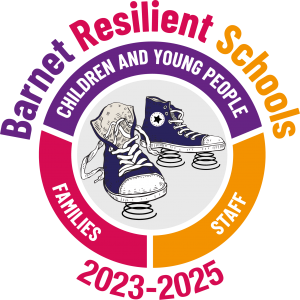
Barnet Resilient School
We are so proud to be one of the first schools in Barnet to be awarded the Barnet Resilient School’s kitemark. This award is in recognition of our commitment to supporting and developing a whole school awareness of wellbeing, mental health, and resilience and the impact this continues to have on our pupils, staff, and parent/carers.
Relationships, Sex and Health Education
From September 2020, Relationships and Health Education are compulsory in all primary schools in England. For primary aged children this includes curriculum content under two headings:
Relationships Education:
Relationships Education is designed to help children to have positive and safe relationships with family, friends and online. All primary schools are required by the government to teach Relationships Education and parents cannot withdraw children from this section of the curriculum. The areas this section of the curriculum cover are:
- Families and people who care for me
- Caring Friendships
- Respectful Relationships
- Online Relationships
- Being Safe
Health Education:
Health Education will help children to make good decisions about their health and wellbeing and enable them to know how to seek support if any health issues arise for themselves or others. The areas it will cover are:
- Mental wellbeing
- Internet safety and harms
- Physical health and fitness
- Healthy eating
- Drugs, alcohol and tobacco
- Health and prevention
- Basic first aid
- The changing adolescent body
We use the Christopher Winter Project scheme to support our teaching of Relationship and Sex Education.
This DfE guidance clearly states the statutory requirements, i.e. what children MUST be taught by the end of primary school. Health Education includes learning about ‘the changing adolescent body’ to equip children to understand and cope with puberty. The National Curriculum for Science (also a compulsory subject), includes learning the correct names for the main external body parts, learning about the human body as it grows from birth to old age and reproduction in some plants and animals (which could include human beings). So, Relationships Education, Health Education and Science are compulsory subjects and parents/carers do NOT have the right to withdraw their children from these subjects.
Sex Education
Sex Education is designed to help children to:
- Understand and respect their bodies
- Develop positive and healthy relationships appropriate to their age and development
- Support children to have positive self-esteem and body image
- Empower them to be safe and safeguarded.

